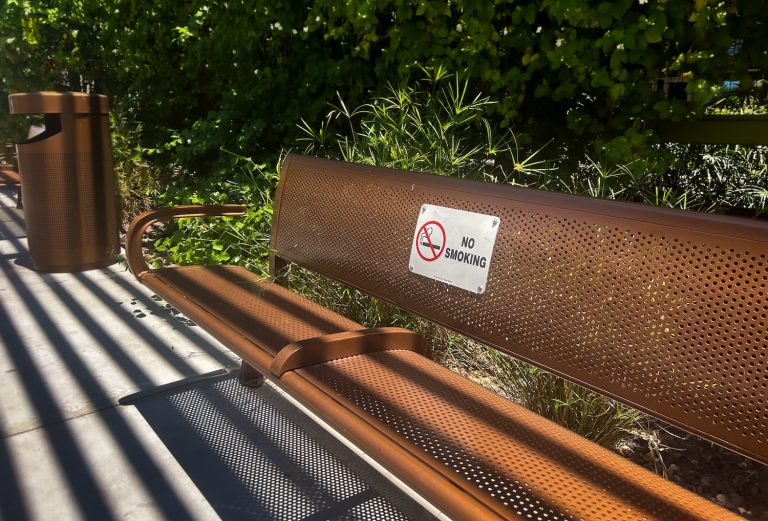Anti-smoking campaigns often focus on the negative impact of smoking on an individual person’s health, life, and wallet. But what about the impact on the economy? For an industry that is valued at $886 billion globally, what is the true cost of smoking to a country’s bottom line and what are they willing to do about it?
The costs of tobacco
According to the Centers for Disease Control (CDC), cigarette smoking costs the U.S. economy billions every year by way of healthcare costs and lost productivity. In 2018, researchers estimated that the U.S. economy lost nearly $272 billion in productivity from smoking-related illnesses and premature death and another $240 billion in healthcare spending. Additionally, the World Health Organization estimated smoking costs the world’s economies more than $1 trillion annually.
In 2000, the tobacco company Phillip Morris commissioned a study in the Czech Republic after concerns were raised by the country’s health ministry that the costs of smoking outweighed the monetary benefit of the industry. At a time when tobacco companies were routinely denying the link between smoking and early mortality, the conclusion of this study was particularly unusual. The report argued that smoking was a net benefit to the Czech Republic’s economy because smokers’ early deaths saved the government on health care, pensions, and housing for the elderly which offset the medical expenses for smoking illnesses or lost tax revenue from those deaths.
Needless to say the report received quite a bit of backlash, with an economist from the University of Michigan telling The Wall Street Journal, “Is there any other company that would boast about making money for the public treasury by killing its customers?” The economist noted that the study was also flawed in that it did not consider the economic impact if smokers stopped spending their money on cigarettes and spent it on something else instead.
Phasing out tobacco entirely
The 2016 WHO report concluded that “tobacco control does not harm economies” and many countries clearly believe the tobacco industry isn’t worth it, as many are attempting to get rid of the entire industry for good. In 2004, Ireland was the first country to ban smoking at all indoor workplaces, setting off a wave of bans around the world.
France announced in 2021 plans to ban the sale of e-cigarettes while also increasing the price of cigarettes and expanding smoke-free zones. Last year, Mexico banned the promotion of tobacco entirely so that cigarettes can not even be displayed in stores, let alone on billboards. Portugal also announced draft legislation last year to severely restrict the sale of tobacco and smoking in public places to achieve a ‘smoke-free generation’ by 2040.
And perhaps taking the biggest step toward that goal, the British Government passed a bill last month banning the sale of cigarettes to anyone born after 2008 by raising the age for buying cigarettes every year, so that a “14-year-old today will never legally be sold a cigarette.”
It is safe to say that the tobacco industry is far from ecstatic about a smoke-free generation.







